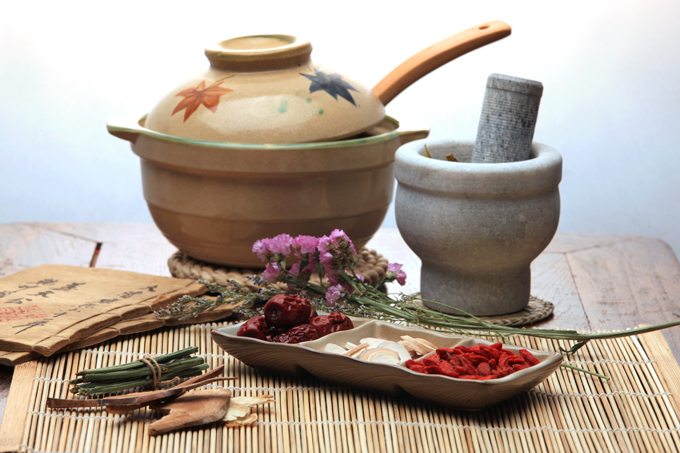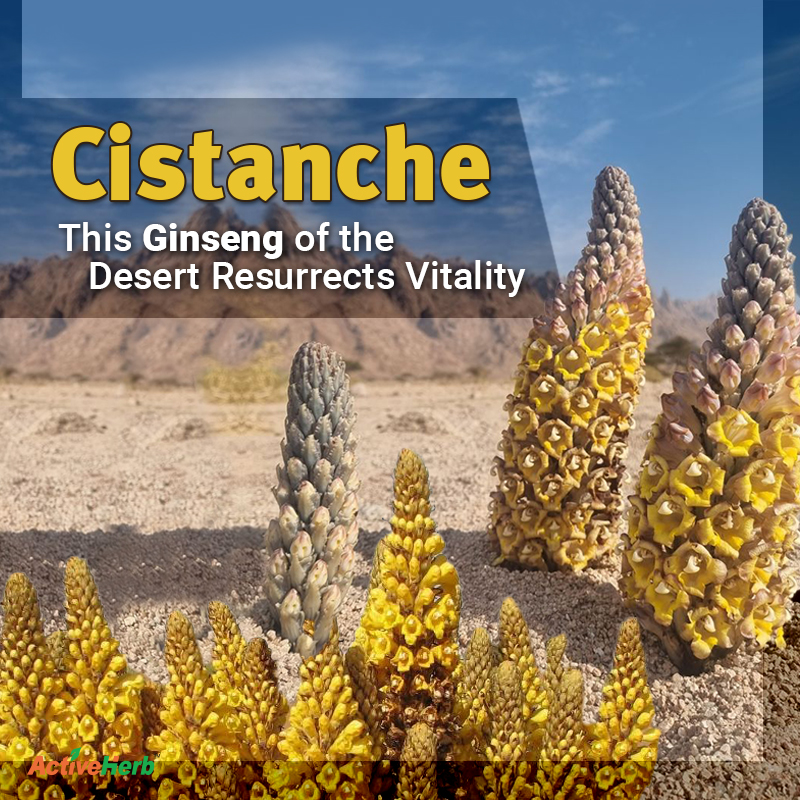Herbal Medicine: Does it Work?

Interested in trying herbal medicine? You’re not alone! The popularity of herbal medicine is steadily increasing in the United States. Surveys have showed that half of American adults used herbal supplements within the past year.
Spurred by public demand, back in 1998 the US Congress approved the formation of the National Center for Complementary and Alternative Medicine (NCCAM) to explore the value of herbal medicines.
In contrast to the enthusiasm of the general public, the medical community still greets herbal medicine with skepticism. Herbal medicines are not classified as drugs in the United States. Generally, they are not rigorously tested for their health benefits by scientific studies and are not produced to the same quality standards as conventional drugs for lot-to-lot consistency.
Often times the side effects of herbal medicines are not clear, so users may have concerns about their safety. Reports on adverse reactions of any herbal remedy may easily receive media attention whereas clinical studies demonstrating the efficacy of a given herbal remedy are often ignored or met with doubts.
The question to the skeptics of herbal medicine is that if herbal medicine could pose harmful physiological effects, why couldn’t they have positive effects as well? After all, no matter what the effect is, it is the natural molecules contained in the herbal medicine that act on the body’s physiology.
To the surprise of some people, natural molecules comprise a large part of modern medicine. As recently as the last two decades (1981-2002), 49% of the 877 New Chemical Entities drugs approved by FDA were either natural products or derived from natural products.1 Not to mention that prior drugs were predominantly developed from natural products.
Herbal medicines have been an important source of natural product drugs, and the root of modern pharmacology and drug development. Take Digoxin as an example.2
Digoxin is a modern drug used for congestive heart failure. It’s a natural molecule occurring in the herb foxglove. Originally used in folk herbal remedies consisting of a dozen of herbs, foxglove was found to be their active ingredient over 200 years ago. By 1906, several different preparations of foxglove were already included in US Pharmacopeia. But no standard was in place at that time. Then standard assays were developed to monitor the bioactivity of foxglove preparations. Eventually, Digoxin was identified, and became a standard chemical drug.
While modern drugs were largely developed from the herbal medicines in the Western world, traditional Oriental medicines — namely Chinese medicine — remain mostly unexplored by modern drug discovery.
Traditional Chinese medicine (TCM) consists of thousands of Chinese herbs and even a larger number of herbal combinations. For thousands of years Chinese people have relied solely on TCM for their health, much the same as Western herbal medicine did for the Europeans before modern medicine was born from it.
So far only one modern drug has been successfully developed from Chinese herbs and won the world’s acclaim.3 The drug is Artemisinin (Qinghaosu) from the Chinese herb Qing Hao. Artemisinin plays a big role in fighting rampant malaria in the third world.
Qing Hao has been used in TCM for centuries. Artemisinin was purified from Qing Hao by Chinese scientists, and also represents a novel class of chemical structure and forms the basis for synthesizing new drugs.
One may ask why, with thousands of Chinese medicines, only Artemisinin has been discovered. For one reason, the drug discovery abilities in Chinese academics and pharmaceutical labs are still in their early stage. While a large number of effective Chinese remedies are being used, it remains a huge challenge to develop modern drugs from them.
It is my belief that many drugs will be eventually developed from Chinese herbs just like Artemisinin. It will take decades of work by scientists around the world to investigate each Chinese remedy.
References:
1. Koehn FE, Carter GT. The evolving role of natural products in drug discovery. Nat Rev Drug Discov. 2005 Mar;4(3):206-20.
2. Goldman P. Herbal medicines today and the roots of modern pharmacology. Ann Intern Med. 2001 Oct 16;135(8 Pt 1):594-600.
3. Engel LW, Straus SE. Development of therapeutics: opportunities within complementary and alternative medicine. Nat Rev Drug Discov. 2002 Mar;1(3):229-37.
4. Klayman DL. Qinghaosu (artemisinin): an antimalarial drug from China. Science. 1985 May 31;228(4703):1049-55.





